Introduction
The Zika virus has been a significant public health concern due to its association with birth defects. Understanding this connection is crucial for effective prevention and management.
This guide will explore the virus in detail, its effects on pregnant women, and the impact on unborn babies. We will also cover prevention strategies, current outbreaks, and how to manage symptoms.
What is the Zika Virus?

The Zika virus is a mosquito-borne virus first identified in Uganda in 1947. It belongs to the flavivirus family, which includes other viruses like dengue and West Nile. The virus was relatively obscure until a major outbreak occurred in Brazil in 2015, drawing global attention.
Where is the Zika Virus Found?

The Zika virus is primarily found in tropical and subtropical regions. Its primary carriers are mosquitoes from the Aedes genus, particularly Aedes aegypti and Aedes albopictus. These mosquitoes are prevalent in regions with warm climates, including parts of Africa, Asia, the Americas, and the Pacific Islands.
Is There a Current Zika Virus Outbreak?
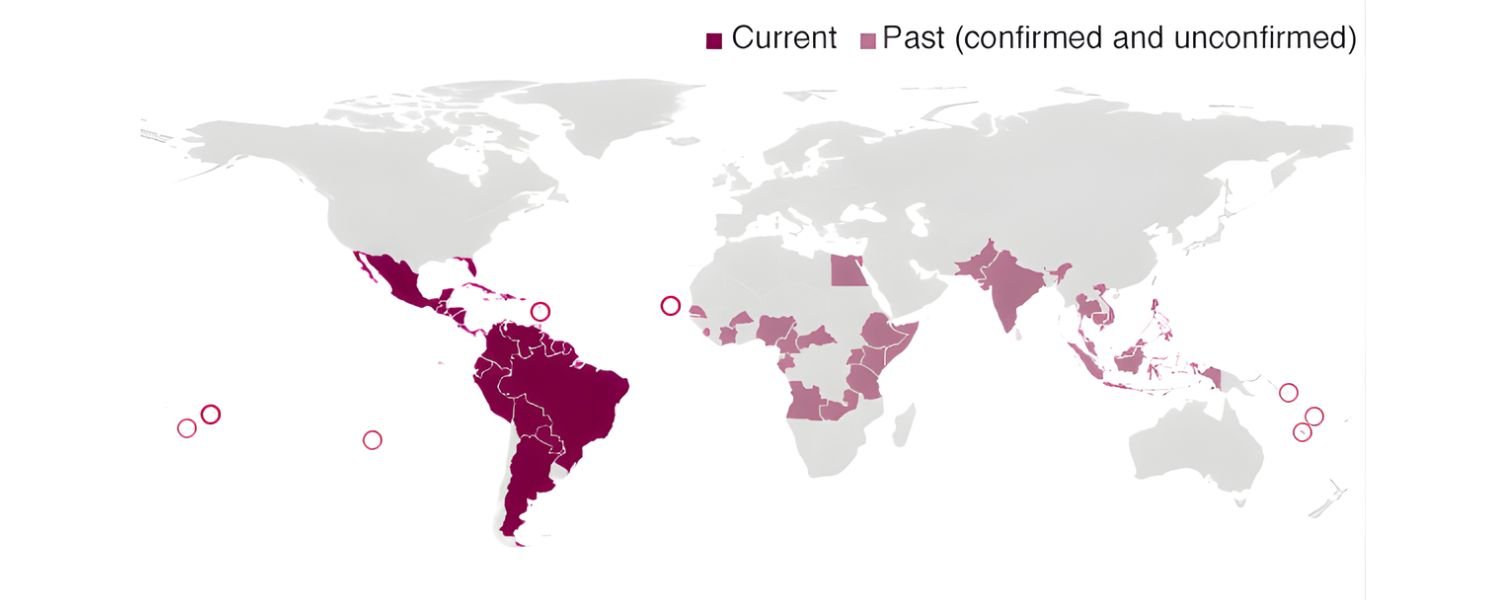
Yes, outbreaks of the Zika virus have occurred periodically. As of now, some regions continue to report cases, though the frequency and scale of outbreaks have decreased compared to the peak of the 2015-2016 epidemic. For the latest Zika virus news, checking local health departments and the World Health Organization (WHO) updates is advisable.
How Serious is the Zika Virus?
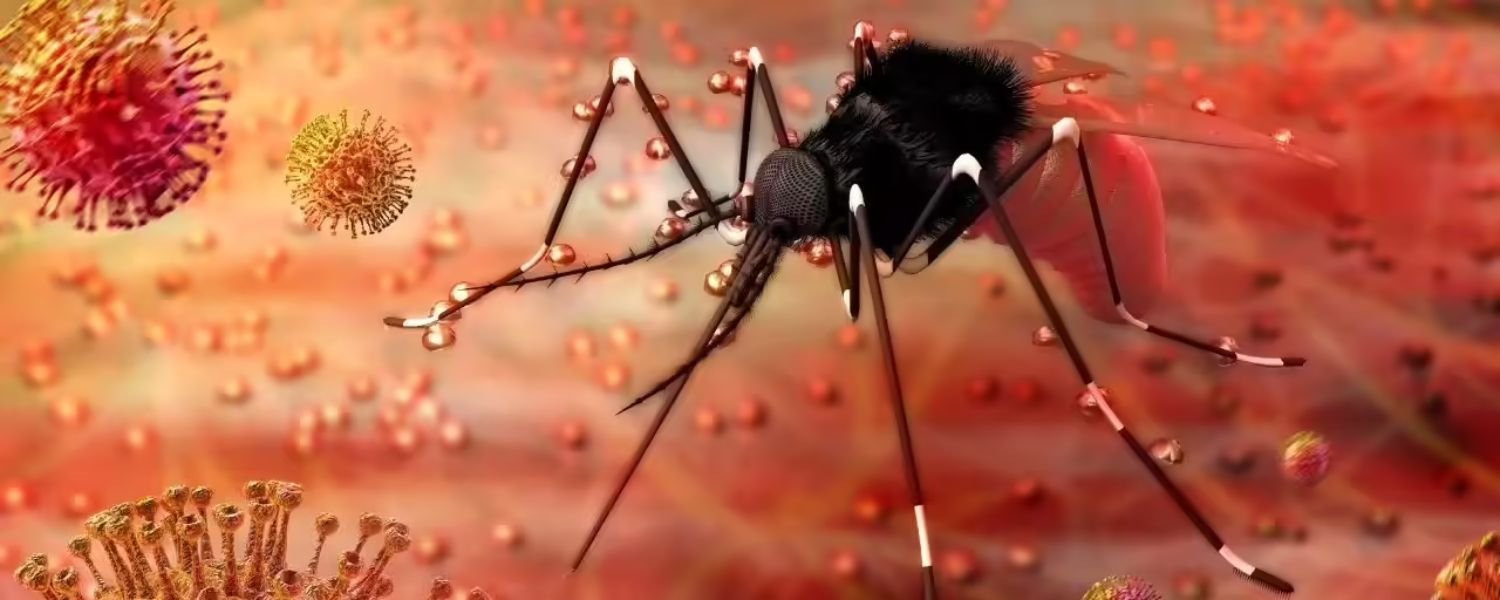
While the Zika virus is generally mild in most cases, it has serious implications for pregnant women. The virus is not often fatal, but its effects can be severe, especially in the context of pregnancy. Complications include birth defects such as microcephaly, a condition where babies are born with abnormally small heads and potentially severe developmental issues.
What are the Symptoms of Zika?
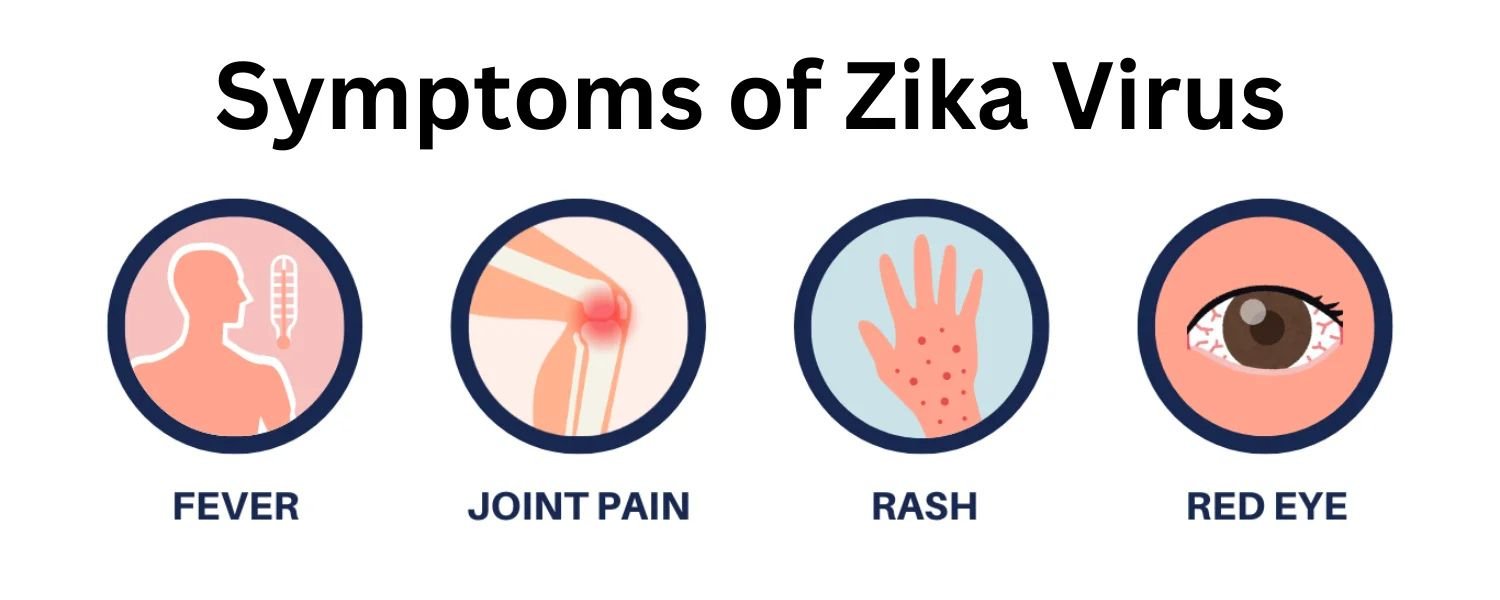
Most people infected with the virus have mild symptoms or none at all. When symptoms do occur, they may include:
- Fever
- Rash
- Joint pain
- Conjunctivitis (red eyes)
Other symptoms can include muscle pain and headache. These symptoms usually last for a few days to a week. For detailed information, you can refer to Zika symptoms.
What Causes Zika?
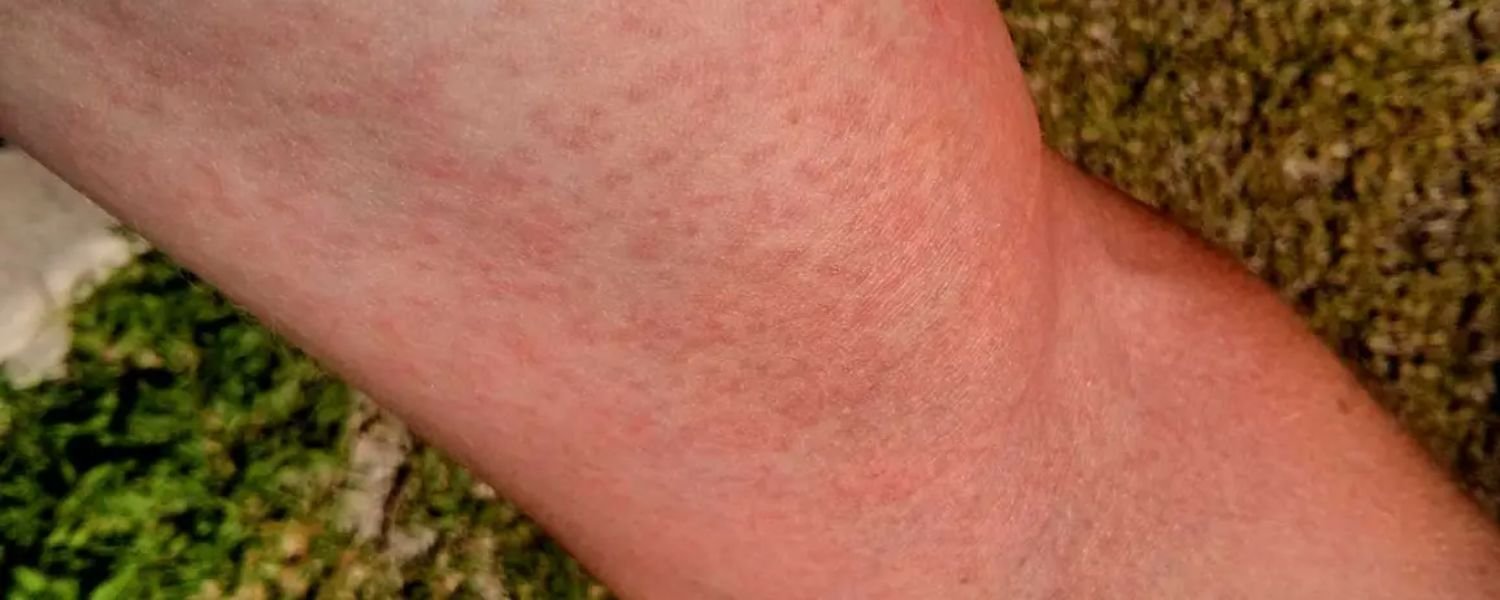
The causes of this virus are tied to its transmission by mosquitoes. When an infected mosquito bites a person, the virus enters the bloodstream and can cause illness.
Additionally, virus transmission can occur through sexual contact with an infected person, and there have been rare cases of transmission through blood transfusion and organ transplantation.
How Does Zika Virus Spread?

The primary mode of virus transmission is through mosquito bites. The Aedes mosquitoes become infected by biting a person already infected with the virus. Once infected, the mosquito can spread the virus to other humans.
The virus can also be transmitted sexually from an infected person to their partner. Additionally, there is evidence of transmission from mother to baby during pregnancy.
How is Zika Diagnosed?

Diagnosis of this virus involves several methods:
- Clinical Evaluation: Doctors assess symptoms and recent travel history.
- Laboratory Tests: Blood tests and urine tests can confirm the presence of the virus. These tests are more accurate during the first week of illness when the virus is most active.
For information on how virus symptoms and treatment are managed, a consultation with a healthcare provider is essential.
How is Zika Treated?

Currently, there is no specific antiviral treatment for the virus. Treatment focuses on relieving symptoms. This may include:
Research is ongoing to develop more targeted treatments. For now, managing the symptoms of Zika involves supportive care.
How Do You Manage the Symptoms of Zika?

Managing the symptoms of the Zika virus involves:
- Resting: Ensure you get plenty of rest to help your body fight the infection.
- Staying Hydrated: Drink fluids to prevent dehydration.
- Using Pain Relievers: Over-the-counter pain relievers like acetaminophen can help manage fever and pain.
- Avoiding Mosquito Bites: To prevent further spread, use insect repellent and wear long sleeves and pants.
How Can You Prevent Zika?
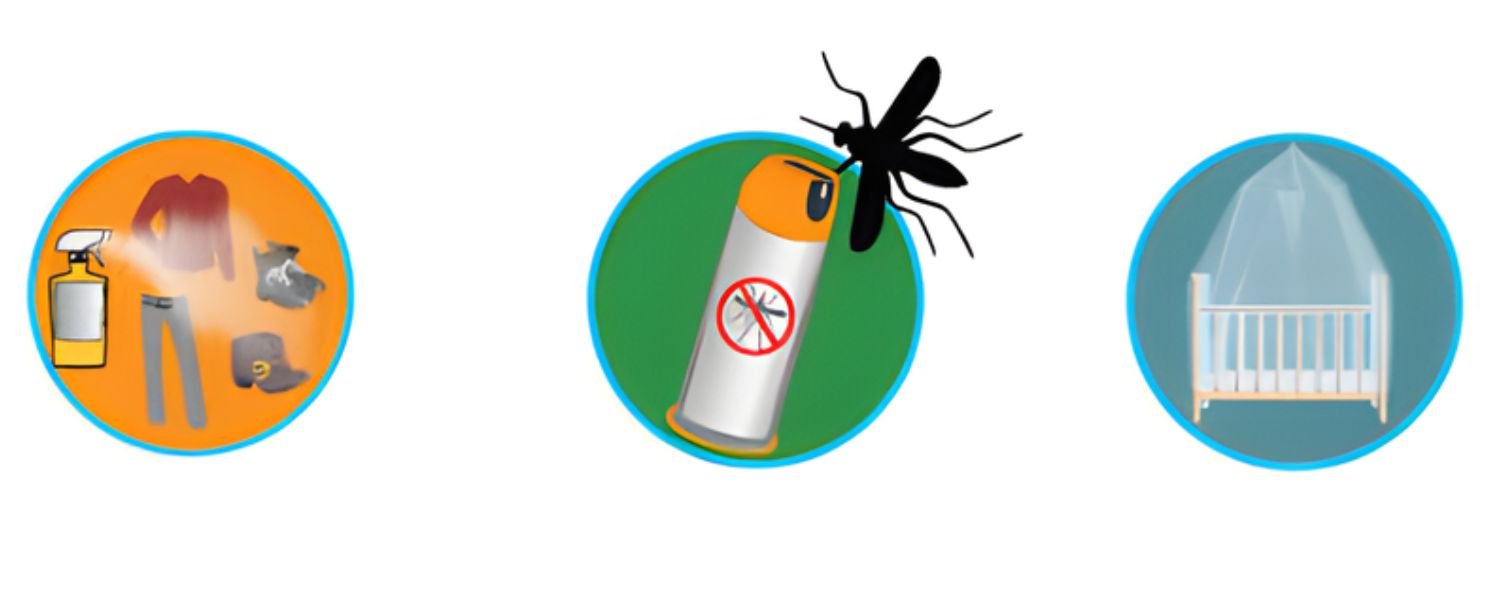
Preventing the Zika virus involves several strategies:
- Avoid Mosquito Bites: Use insect repellent, wear protective clothing, and stay in well-screened or air-conditioned areas.
- Control Mosquitoes: Eliminate standing water around your home, as this is where mosquitoes breed.
- Safe Sex Practices: Use condoms or avoid sexual contact with partners who have traveled to areas with Zika outbreaks.
For more details on Zika virus prevention, consult local health guidelines.
What Happens if You’re Pregnant and Get Zika?
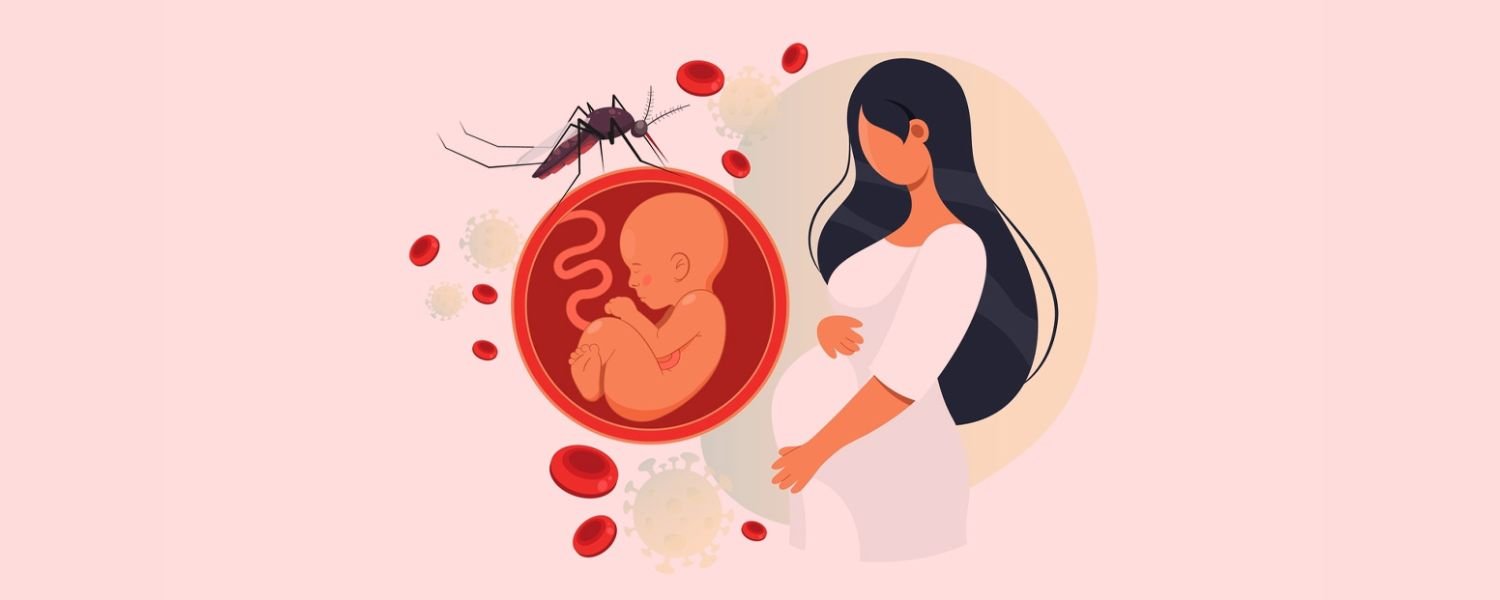
If a pregnant woman contracts the virus, it can lead to serious birth defects. The most well-known condition associated with Zika is microcephaly, where the baby is born with a small head and brain damage. Other potential complications include:
- Developmental Delays
- Vision and Hearing Problems
- Seizures
Pregnant women are advised to avoid travel to areas with Zika outbreaks and to take precautions against mosquito bites. If exposed, they should consult a healthcare provider immediately for appropriate care and monitoring.
Conclusion
The Zika virus poses a significant health risk, particularly for pregnant women. Understanding its symptoms, transmission, and prevention is crucial for managing and reducing the impact of this virus. While there is no specific treatment for Zika, managing symptoms and preventing mosquito bites are key to controlling its spread. By staying informed with the latest Zika virus news and taking appropriate precautions, individuals can protect themselves and their families from this virus.
For those seeking better health, including through optimal prevention and management of illnesses like the Zika virus, maintaining a healthy weight and striving for better health through comprehensive care are essential steps. If you have any concerns about this virus symptoms, treatment, or prevention, consult with a healthcare professional for personalized advice and support.
FAQ
Q1. What is the Zika virus?
The Zika virus is a mosquito-borne virus belonging to the virus family. It was first identified in Uganda in 1947. It primarily spreads through mosquito bites, but can also be transmitted through sexual contact and, rarely, through blood transfusions or organ transplants.
Q2. Where is the Zika virus found?
This is mainly found in tropical and subtropical regions. It is common in parts of Africa, Asia, the Americas, and the Pacific Islands. The Aedes mosquitoes, which spread the virus, thrive in these warm climates.
Q3. Is there a current Zika virus outbreak?
While the major global outbreak of the Zika virus that began in 2015-2016 has decreased, some regions still report cases. For the latest information on current outbreaks, check updates from local health departments and the World Health Organization (WHO).
Q4. What are the symptoms of the Zika virus?
Most people infected with the Zika virus experience mild symptoms or none at all. When symptoms do occur, they can include fever, rash, joint pain, conjunctivitis (red eyes), muscle pain, and headache. Symptoms usually last a few days to a week.
Q5. How does the Zika virus spread?
The Zika virus primarily spreads through mosquito bites from infected Aedes mosquitoes. It can also be transmitted sexually from an infected person, and, rarely, through blood transfusions or organ transplants.

